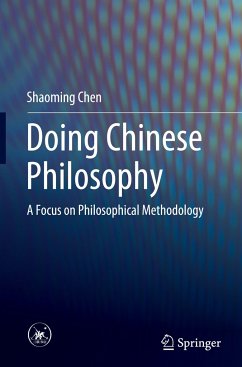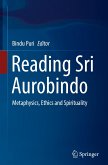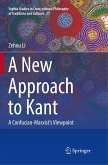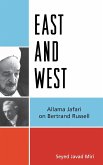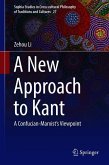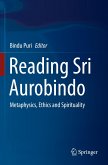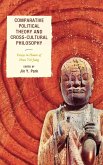This book focuses on "doing Chinese philosophy", the concept of which is a derivative form of Ludwig Wittgenstein's expression "doing philosophy". On the one hand, its approach differs from the traditional philosophical study method, which tends to discuss rather than do; on the other, it focuses on the unique features of Chinese philosophy. The concept of "Chinese philosophy" combines classical philosophy and contemporary philosophy. Whether classical Chinese philosophy still holds power depends on its ability to compete with contemporary philosophies (from the West, or ideology). At the very least, it has to convincingly show that classical thought has a unique role in interpreting and shaping the function of modern spiritual culture. Providing insights into China's excellent philosophical ideas, this book will appeal to all readers who have a basic understanding of philosophy and are interested in Chinese philosophical thought. It not only explains the author's proposal for studying Chinese philosophy in terms of methodology, but also answers the question of how classic Chinese works should influence other cultures.
Bitte wählen Sie Ihr Anliegen aus.
Rechnungen
Retourenschein anfordern
Bestellstatus
Storno

